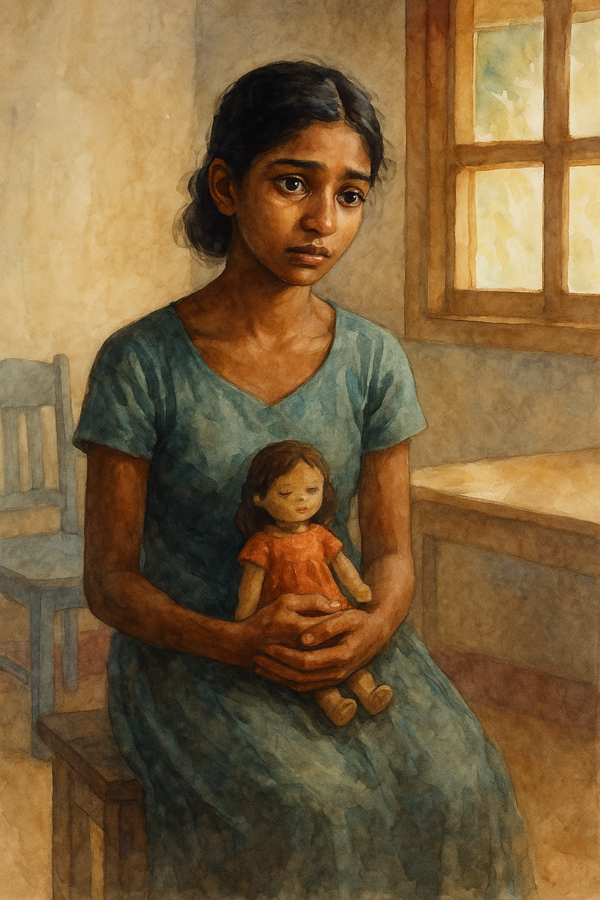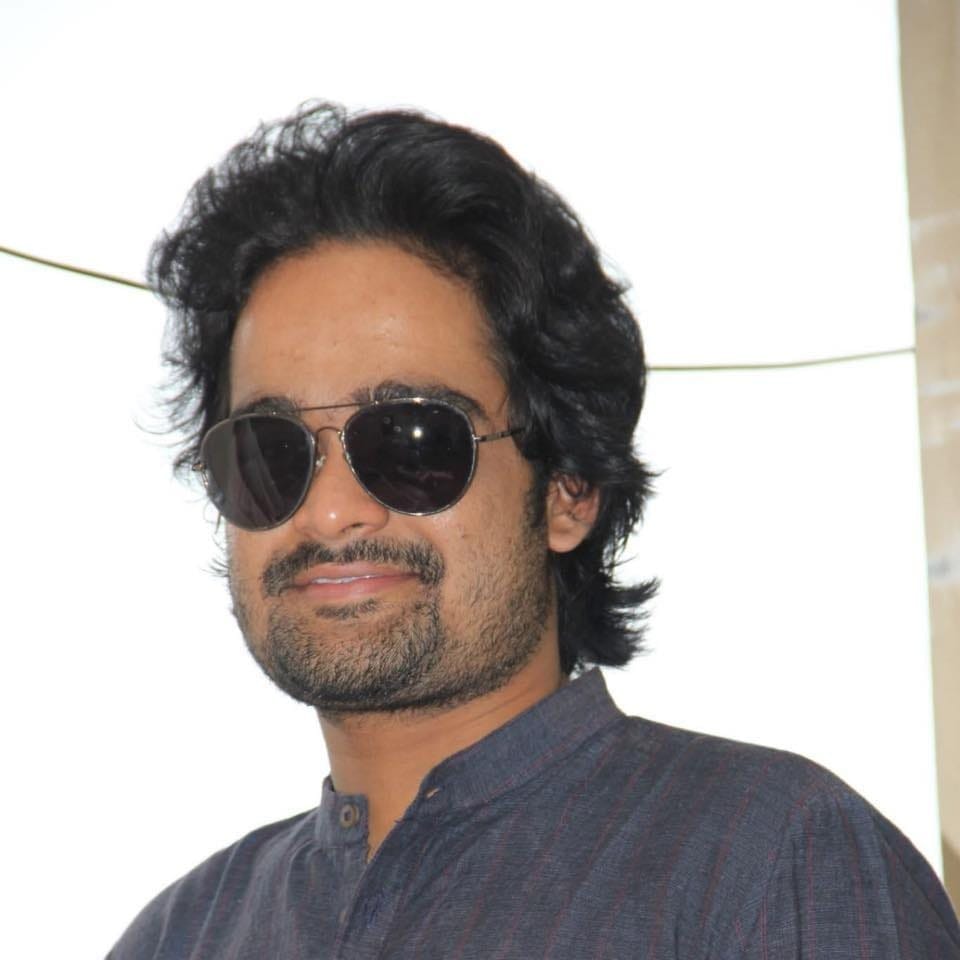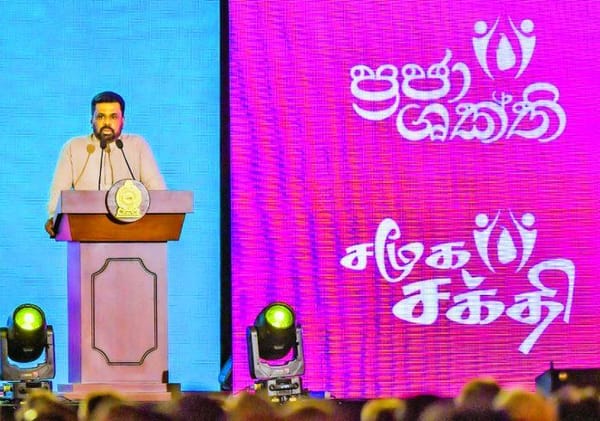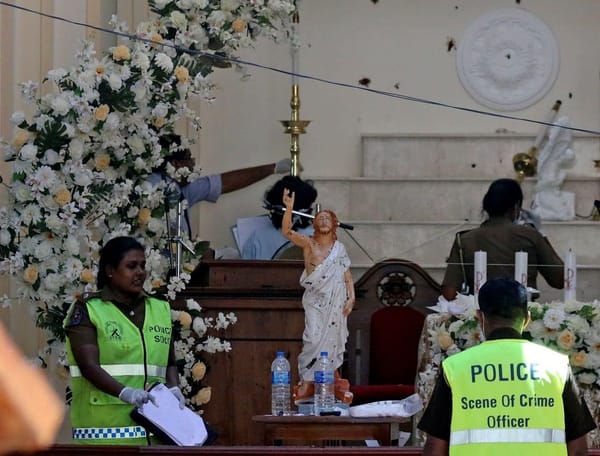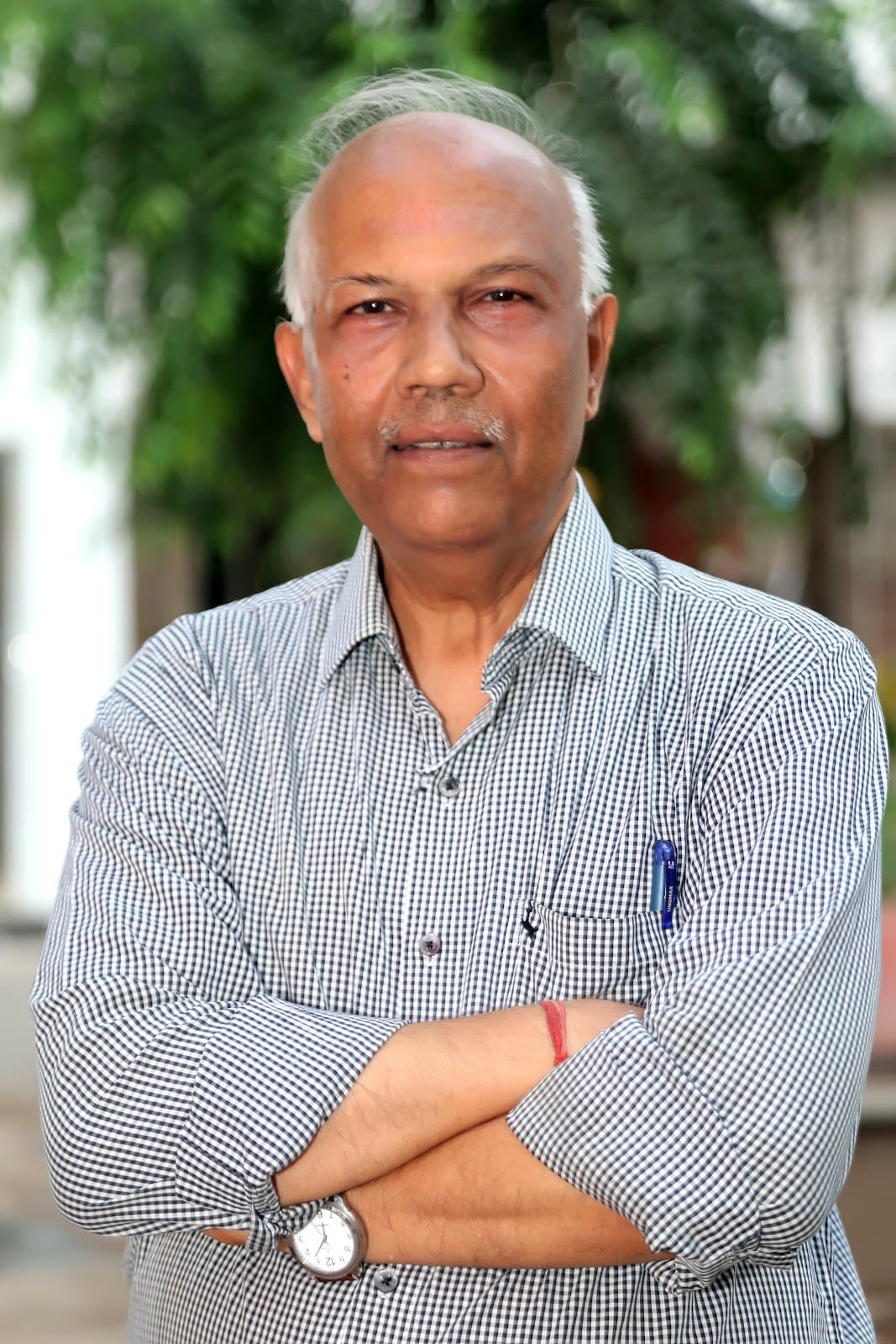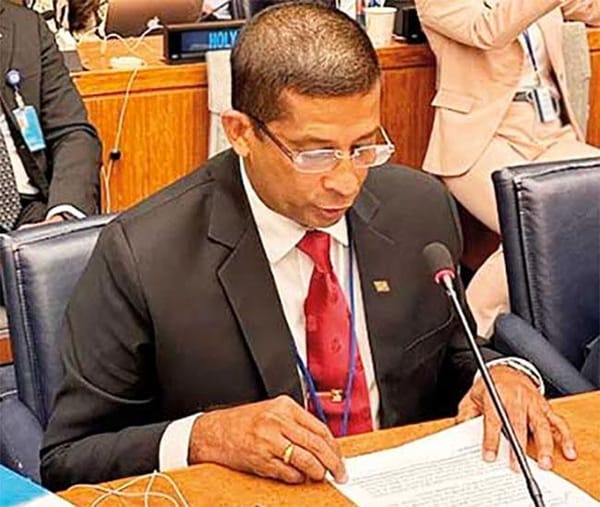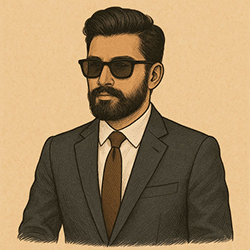It was just another afternoon. The clinic was settling down. The rush of patients had slowed, the noise had faded, and there was a calmness in the air. My mind had started to relax—finally—when she walked in.
She was quiet. Almost unsure of herself. She held an X-ray in her hand and walked up to the doctor sitting beside me. I had just seen off my last patient, and I was just watching now. But the moment I saw her, I was drawn in.
She looked so young—maybe in her early 20s. Slim, dark brown skin, big eyes, and a soft, innocent smile. There was something about her, something different.
“Is there anything wrong in my X-ray, doctor?” she asked gently. “Please tell me the truth.”
The X-ray was normal. But she kept asking. Again and again. She seemed worried, but also confused. Then she asked something that made us pause:
“Why does the X-ray look black and white like that?”
That question made me look at her again, not just with curiosity but with something deeper—a stirring. There was something about her… a kind of fragile purity.
She turned to me and said, “Doctor, please check me too. I just want to know if I’m okay.”
There were no more patients waiting, so I smiled and asked her gently, “Can you show me where your heart is?”
Without hesitation, she touched the left side of her chest and said, “Here, doctor.”
Her speech was slow, and her eyes had a faraway look, but she answered quickly and so surely. There was something so pure about her. She seemed untouched by the harshness of the world, yet carrying so much of it.
Then the doctor beside me leaned in and said something that left me shaken.
“She lost her seven-year-old child… just twenty days ago.”
I froze. My mind raced. She’s so young…
“She gave birth when she was eleven.”
Her mother walked in after a while and sat down beside her. Slowly, painfully, she started sharing their story.
This girl was the fifth of seven children. From the beginning, she was different — slower than the others. She went to school for just one year, and after that, she stayed at home, alone. The others went to school. The parents worked small jobs to survive. But she remained behind — unseen and unprotected.
And that’s when it happened.
A 50-year-old man. A father of four. Took advantage of her.
She didn’t understand. No one noticed. Not until her belly grew, not until she was almost ready to give birth.
They rushed her to the hospital when the pain became too much. No checkups before that. No support. Just confusion. Fear.
The baby was born—but didn’t cry. Not for hours.
Still, she loved that baby with everything she had. She didn’t see anything wrong. All she knew was, “This is my child. My baby.”
And from that day on, that baby became her whole world.
Eight years. She carried her everywhere. The child never crawled. Never walked. Never spoke. Only smiled. But that was enough. They understood each other. In their own little language, made of touch, and looks, and love.
She dressed her in frocks. Bought her dolls. Balloons. Asked neighbours to click photos. Borrowed phones just to save a memory. Just one framed photo.
That’s all she has left now. She looked at us with a blend of laughter, longing, and tears—still too innocent to grasp the full gravity of her trauma. She wasn’t mourning just a death—she was mourning the only person who ever belonged completely to her.
And now, here she was. Sitting in our clinic, asking for one more doll.
“I want to put it in her grave,” she said softly. “Just one doll. I think she would like it.”
She paused, then looked at us. “Why didn’t the doctors tell me she was going to die? I would have bought her so many things…”
She laughed a little. Then she cried. It wasn’t just sadness—it was love pouring out in every word. She didn’t speak of abuse. Or anger. Or blame. Just the baby. Just the bond they shared.
“I want to go where she is. I want to play with her again,” she said.
She had named the baby beautifully. And now, that name is all she has.
She told us that the 31st day was approaching. She wanted to buy new clothes and more dolls for her baby to place them on the grave.
She didn’t understand loss the way others do. But she felt it more deeply than most.
She never once spoke about the man who abused her, nor did she ask why. Maybe she didn’t have the words, or maybe her heart only had space for love, not hate.
Her family tried to seek justice. But how? With no money? No lawyer? No voice loud enough?
And the man? He still walks freely. With his own children. As if nothing happened.
And the mother—this beautiful, innocent soul—she’s still searching. For a doll. For a memory. For her child who’s no longer here.
And so she waits, cradling her grief like she once cradled her child, holding on to a love the world never protected.
Dr Nalayini Jegathesan, a Consultant Physician at the Jaffna Teaching Hospital

